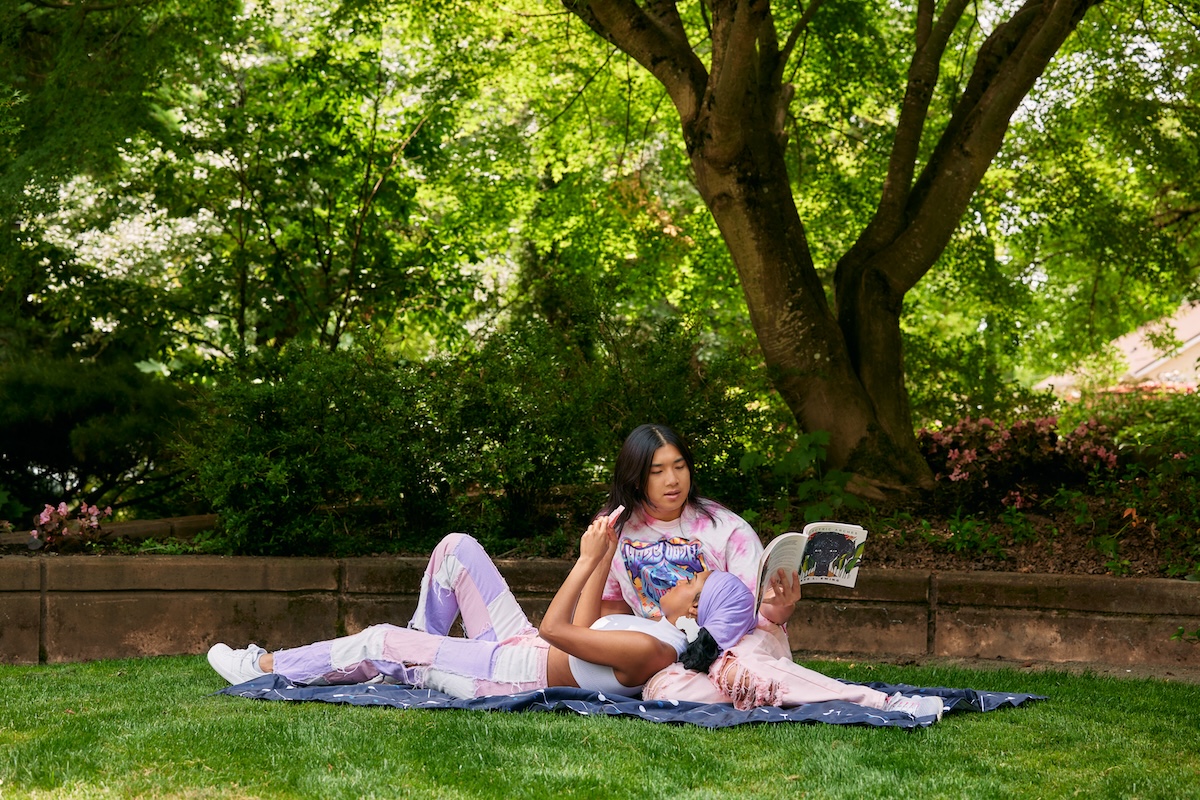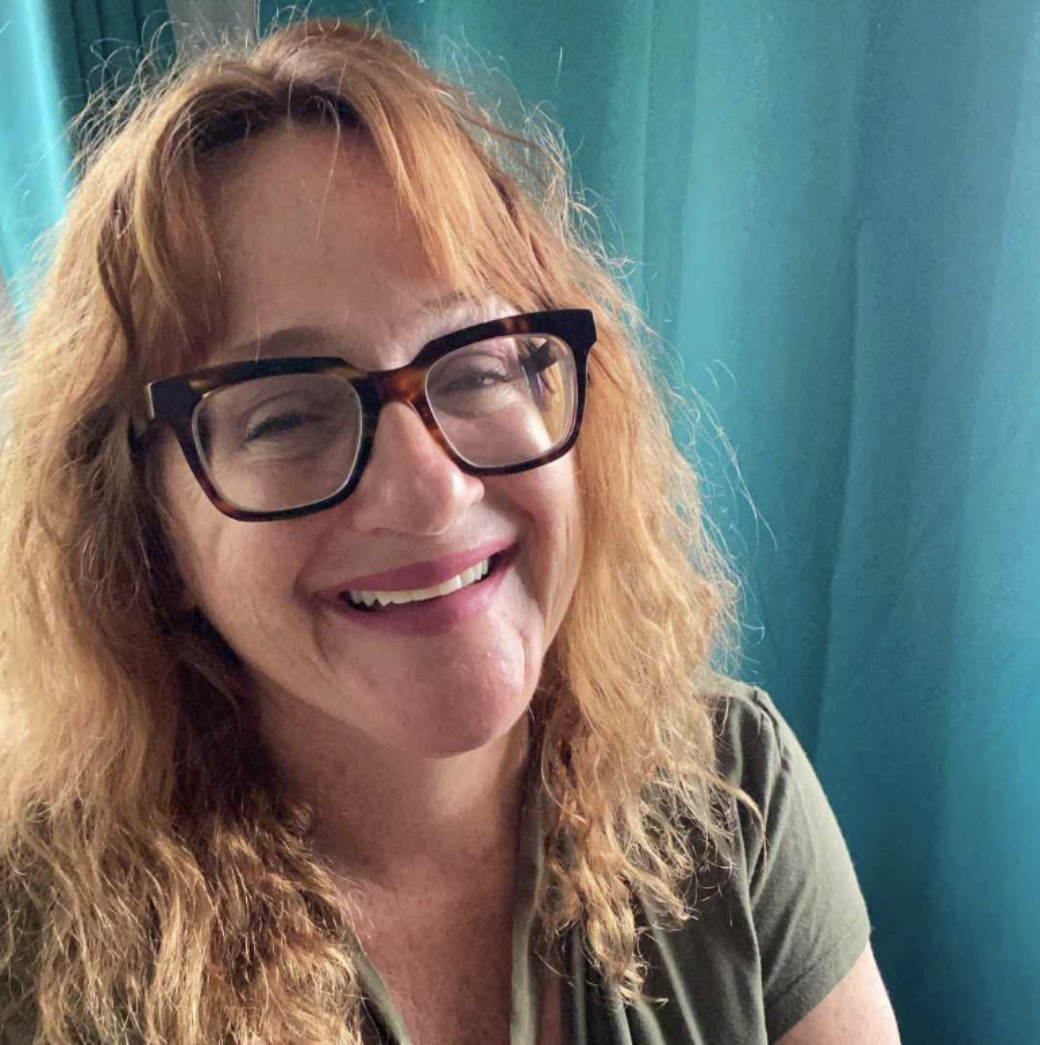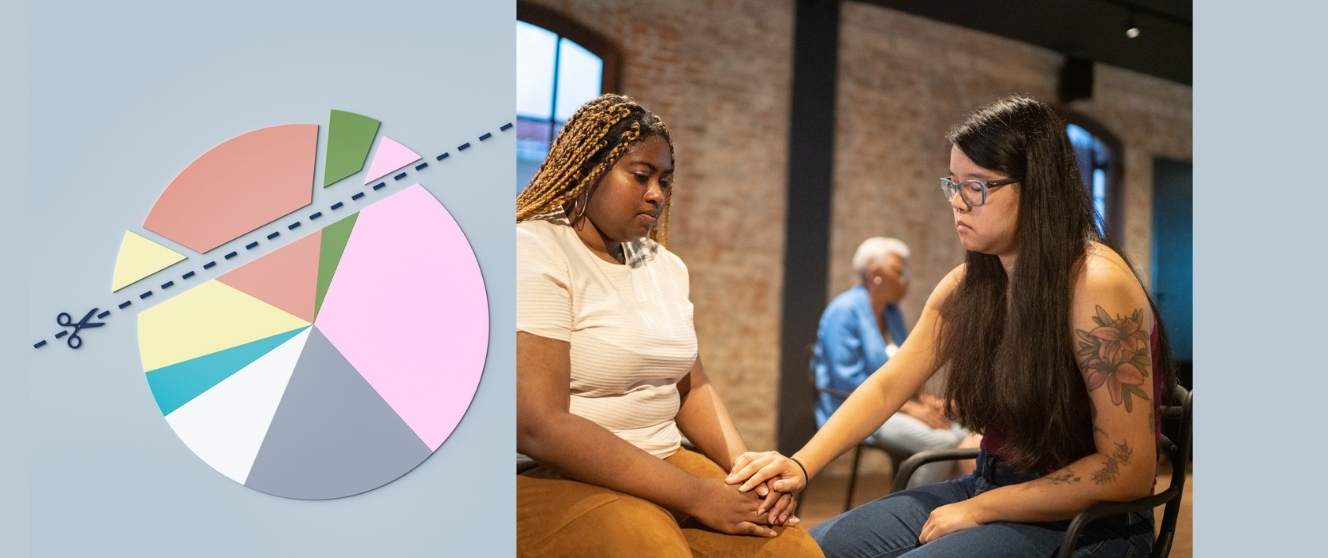Photo credit: Disabled and Here
Every July, during Disability Pride Month, we take time to highlight what we value about our culture, our rights movement, our community, and ourselves as disabled people. It’s not an easy subject, what with the ableism that many of us are still unlearning, or being faced with. Sometimes feeling proud can feel like work, like we need to do this or show it because that’s what good disabled people do during Disability Pride Month, right?!
But when I thought hard about it, I realized that Disability Pride – for me, anyway – is more about the little stuff than the big stuff. With it being about the little stuff, it transcends a designated month and becomes a way of life and a value that I want to integrate into my daily life. That “little stuff” is the joy that we experience in our lives, sometimes by dint of our disabilities, sometimes without. I know that my disabilities allow me to focus on small things that bring me great joy – a gecko winking, dew on a flower, a smashed leaf that is shaped like a heart. This is a gift, I realize now, and I also realize that by highlighting some of my joy and the things I focus on, I not only validate that it’s a disabled expression – and make it easier for others to do as well – but I’m sharing part of the disabled experience and releasing some of the heaviness that is associated with advocating for disability rights.
Here’s an Instagram reel I made for Disability Pride Month where I talk more about Disability Joy.
Focusing on our joy and feeling light about ourselves was something I saw in a recent panel about accessibility, Don’t Whisper, SHOUT: The IPG Inclusion Breakfast 2023:
The panel had the usual marching out of disability statistics and inclusion-speak (i.e. We’re a really big community! Worth paying attention to because of our market value! It’s the right thing! Representation is part of inclusion!) but there were also some gold nuggets in there. One such gem talks about curiosity as a means of advocacy.
Curiosity requires that you have an open mind, requires a mental flexibility. In any of our advocacy work, we’re essentially asking that people open their minds and see things in a different way. Sure, we might do that by using litigation, but that’s just because it’s gotten to that point – sometimes you must use a crowbar to open the door of a burning house.
Curiosity is light. It’s playful. It’s a way to question ourselves through self-examination – asking ourselves, “why am I thinking about this situation in this particular way?” – and a way to question a situation. “Tell me more about that” and “what do you mean by that?” in a curious tone of voice doesn’t feel heavy, and it opens the door to conversations. It also says something. Asking about situations, words, and tones is saying something, it’s doing something. And it’s saying and doing things in a way that can keep relationships open and engaged, which are necessary in this world.
Back to disability joy.
I think too many people expect us to be miserable and sad with our disabled lives. All of those “I’m sorry’s” we get in response to disclosing an unseen or unknown disability, all the pity. There’s an unwritten expectation that we’re supposed to be sad all the time. In that light, sharing our joy is a radical act of advocacy. It speaks to the light within us, the gifts our disabilities bring that we embrace and tune in to.
Curiosity is both a tool and a feeling. It helps us in our own lives, and it helps us to advocate for our own rights. We can be playful and light and enjoy our lives, even while we march forward and strive to change our culture, access and our right to opportunities.




